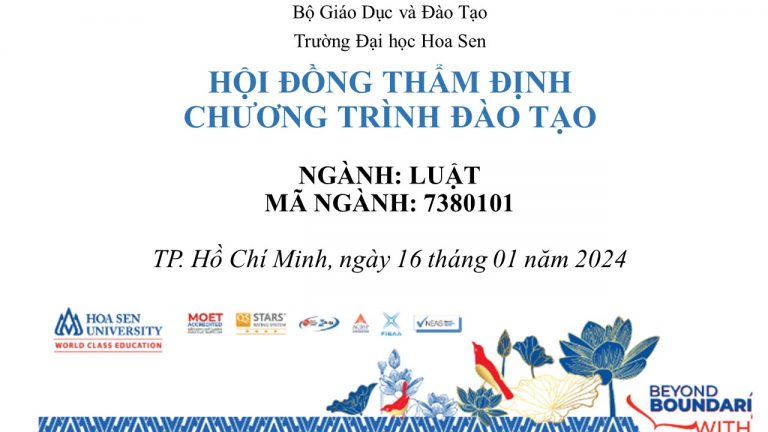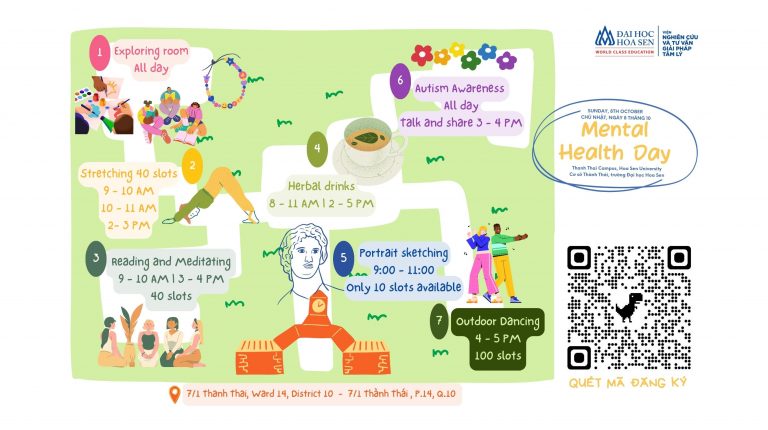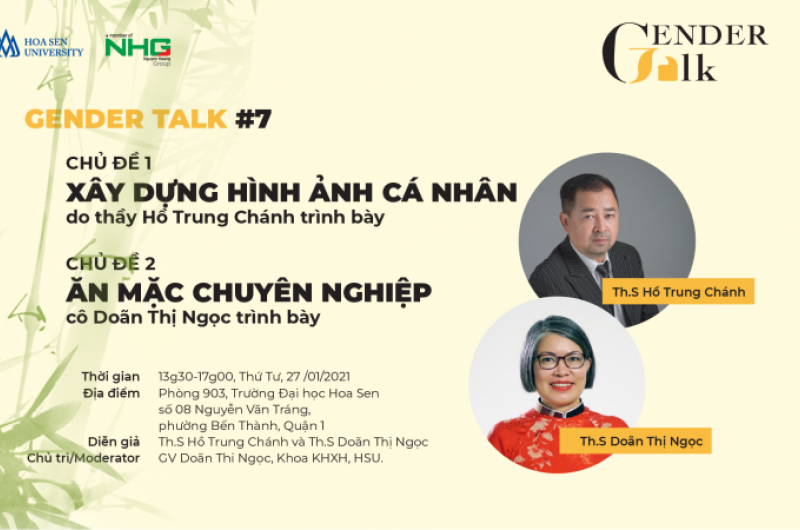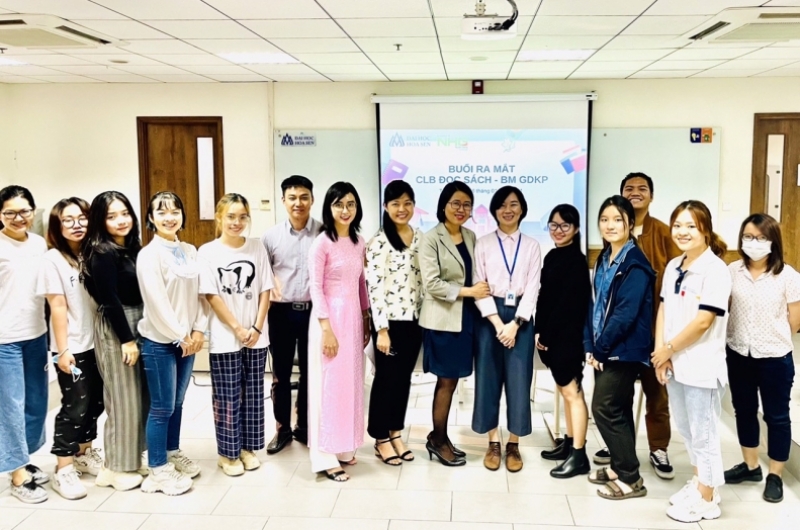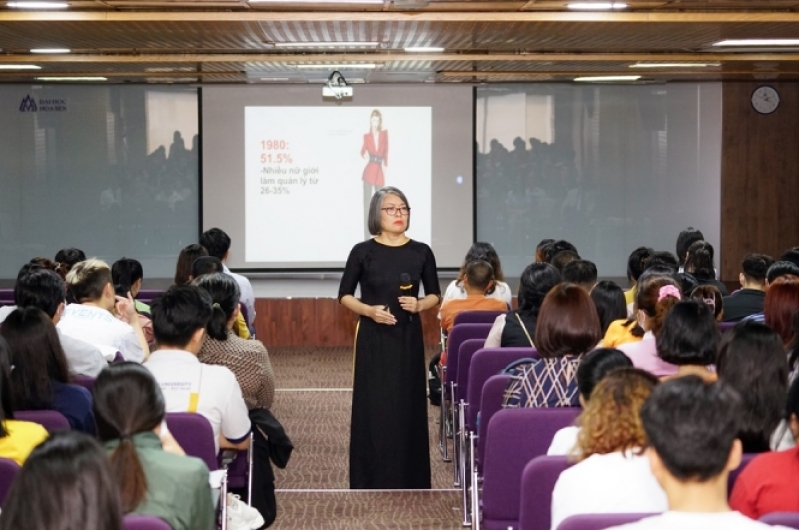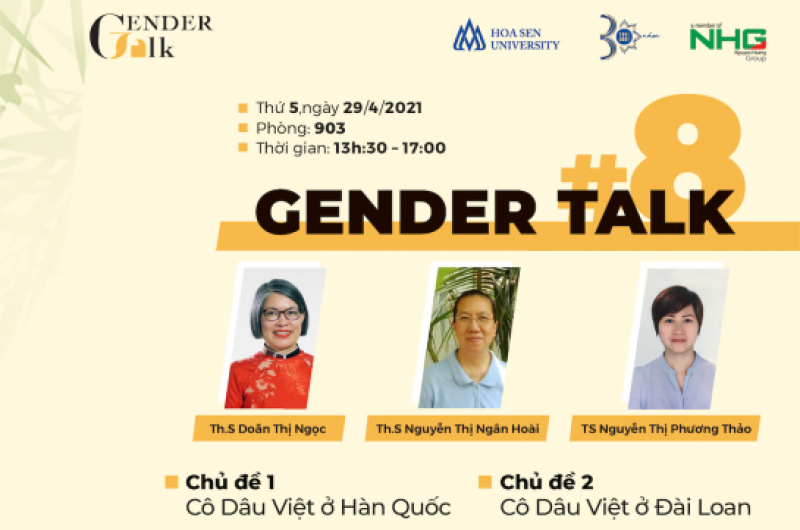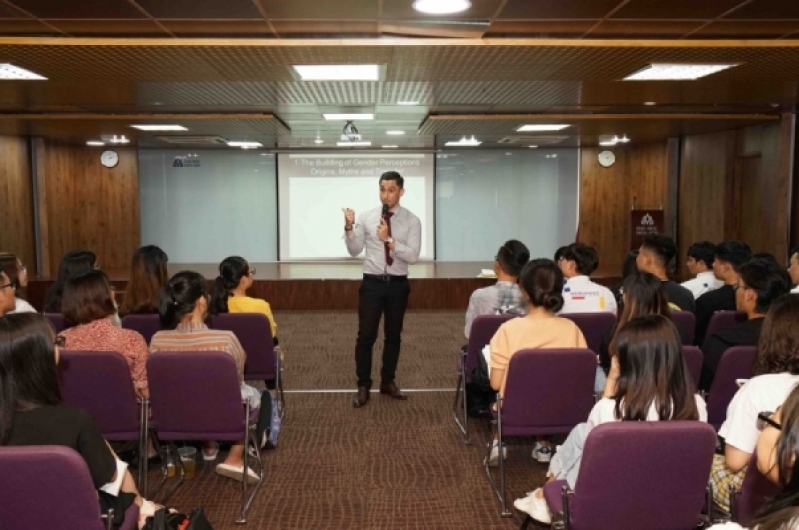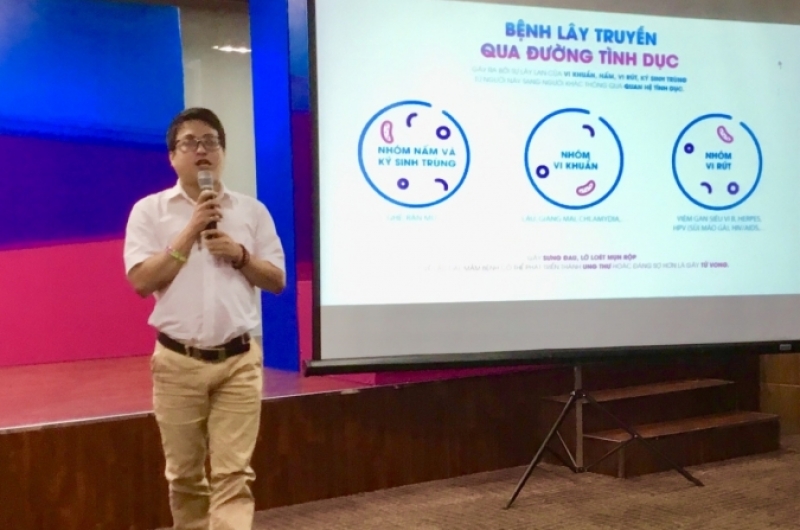Why Progress on Gender Equality Is Slow: The Backlash Under the Symptom of ‘Gender Fatigue’.
March 15, 2022
Author/Author: Sue Williamson -Senior Lecturer, Human Resource Management, UNSW Canberra, UNSW
Translator/Translator: Doan Thi Ngoc – Teacher-Lecturer, Hoa Sen University (HSU)

We are in the midst of an explosion of feminist activism, initiated by the pink pussy hat movement in the United States and fueled by the #MeToo movement. These movements have spread to Australia, where a series of celebrities have been branded as harassers.
However, we are also experiencing a backlash because of concerns that gender equality has happened too quickly and is suffering from “gender fatigue”.
27 years ago, Susan Faludi created a backlash against women by recording what she said. She said that anti-women in society is nothing new as there is evidence in ancient Rome that punishments were applied to childless and unmarried women and In medieval Europe there were witch burnings. So today each person may have a different reaction to women gaining social status.
This time, the response is in the form of a revival of the men’s rights movement and the cries of the #notallmen movement. That is evident in the hoaxing of what happens on feminist websites, the negative and malicious comments in the media, and the threats of rape, violence, and death against with feminist activists.
There are backlashes on social networking sites and outside of society. What about the workplace?
INTENSE REACTION IN THE FORM OF FATIGUE
In the workplace, backlash manifests itself simply as silence, inaction at all, or inaction on gender equality. Even in organizations where managers and workers are committed to the idea of equality, it can take the form of resistance to very specific gender equality initiatives.
This involves symptoms of gender fatigue or seeing advances in gender equality as a “non-issue.”
My colleagues (Associate Professor Linda Colley, Dr. Meraiah Foley, and Professor Rae Cooper) and I tested managers’ and staff’s understanding of gender equality and we generally got mixed reactions that “gender and gender equality are not an issue in our organization”.
It is as if they are tired of hearing about gender or gender equality and want it to be “done or out of the question”.
While we have found many organizations that are progressive in their gender equality journey, we have yet to find a single organization that truly practices substantive gender equality.
SOMETHING WORTH AIMING FOR
Sometimes women are told that gender inequality is their fault. People have blamed the #Metoo Movement and because of it, men are shy or hesitant to mentor women. Women are asked to “lean in” – that is, to focus on empowering individuals rather than women as a whole.
British researchers such as Hazel Conley and Margaret Page say that real change can only be achieved IF there is, “an understanding of the gender power gap and the complex intersections or intertwining of gender with other elements or forms of inequality; At the same time, there must be a commitment to action by individuals and organizations on gender equality to achieve gender equality.”
That understanding could be a non-hierarchical organizational structure with a more equal power distance perspective. Or this understanding may destroy the concept of work and thus no longer be seen as a guiding force in life. It can be about working to live, not living to work. It can be unpaid work and other work, just plain “work.”
This understanding may make future backlash unnecessary and symptoms of gender fatigue redundant.
The Conversation newspaper and author Sue Williamson allowed Gendertalkviet to translate into Vietnamese and post the full text. On behalf of the Gender Talk Editorial Board, we would like to send our sincere thanks to the Author and The Conversation Newspaper for allowing us to republish the full text. The contributions of The Conversation Newspaper and the author are very valuable and meaningful.
Vietnamese Link:
Original link: https://theconversation.com/backlash-and-gender-fatigue-why-progress-on-gender-equality-has-slowed-112706
This article is an edited version of a recent address given by Sue Williamson as president of the Association of Industrial Relations Academics of Australia and New Zealand.
Sue Williamson, Senior Lecturer, Human Resource Management, UNSW Canberra, UNSW
This article is republished from The Conversation under a Creative Commons license. Read the original article

